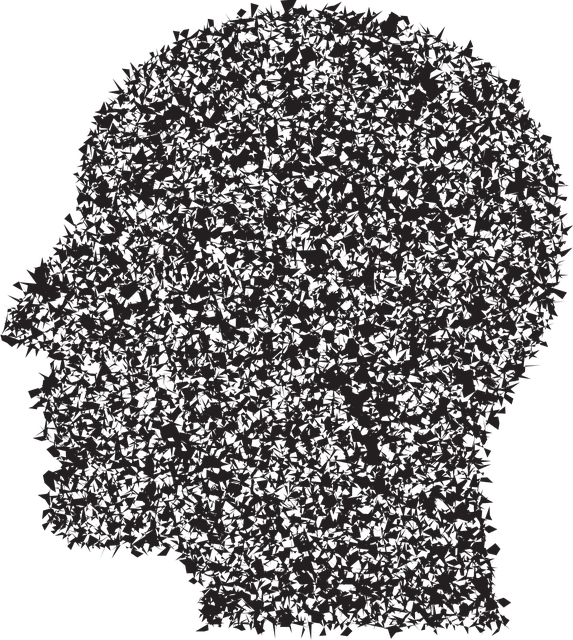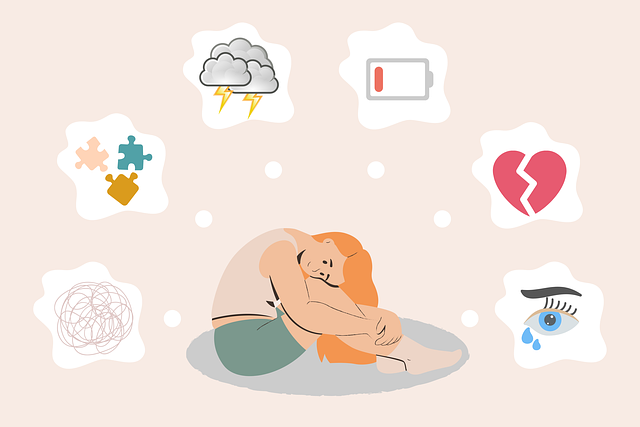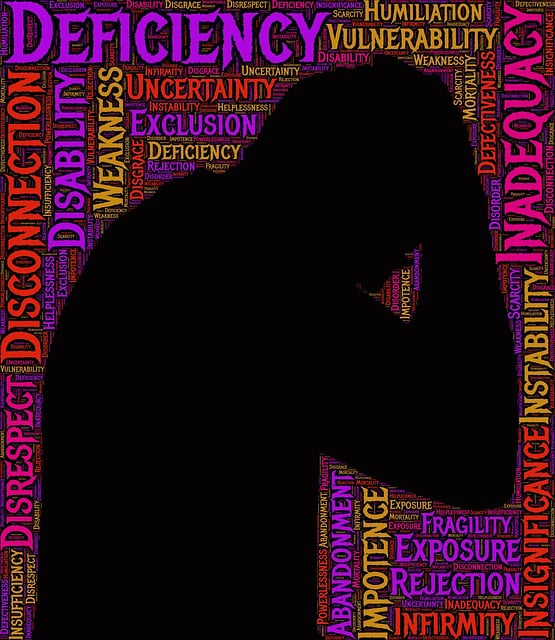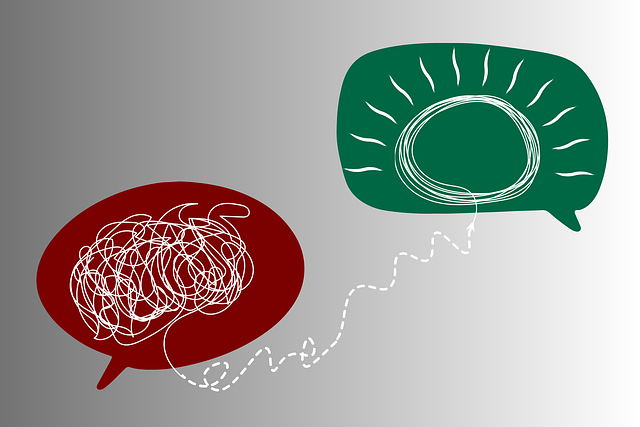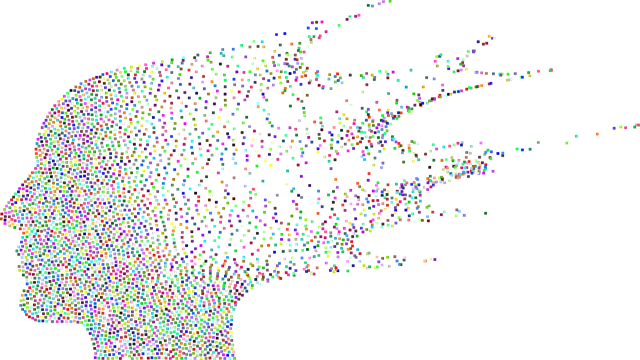Mental wellness journaling offers a simple yet powerful therapy for adults seeking self-improvement. By documenting thoughts and experiences, individuals gain insights into their minds, reduce stress, and enhance mindfulness meditation skills. Regular practice fosters overall mental wellness through effective coping strategies. Independent Medical Evaluations (IMEs) provide unbiased perspectives on mental health, enabling tailored treatment plans and empowering proactive self-care practices. A dedicated journaling practice of 15-30 minutes daily can yield significant benefits over time, promoting self-awareness and emotional healing, including burnout prevention and identification of stress triggers.
“Unleash your inner therapist with Mental Wellness Journaling – a powerful self-reflection practice proven to enhance adult mental health. This article guides you through the transformative journey of understanding and utilizing journaling as therapy. From unlocking your thoughts and emotions to navigating independent medical evaluations, we explore techniques for personal growth. Learn how to create a structured routine, extract meaningful insights, and promote healing through effective journal analysis. Discover the benefits of combining these practices with professional assessments.”
- Understanding Mental Wellness Journaling: Unlocking Self-Reflection as Therapy for Adults
- The Role of Independent Medical Evaluations in Personal Growth and Mental Health Assessment
- Creating a Structured Journaling Routine: Tips for Consistency and Maximum Benefits
- Extracting Insights and Promoting Healing: Effective Techniques for Analyzing Journal Entries
Understanding Mental Wellness Journaling: Unlocking Self-Reflection as Therapy for Adults

Mental wellness journaling is an accessible therapy for adults looking to unlock self-reflection and gain profound insights into their minds. It involves documenting thoughts, feelings, and experiences in a private space, fostering a deeper connection with oneself. This therapeutic practice allows individuals to explore their emotions, identify patterns, and reflect on personal growth over time. By jotting down daily occurrences, challenges, and triumphs, people can gain clarity, process complex events, and cultivate self-awareness—all essential components of mental wellness.
Unlike independent medical evaluations that focus on clinical assessments, journaling encourages a more introspective approach. It provides a safe space for individuals to express themselves without judgment, serving as a powerful tool for stress reduction methods. Regular engagement in this practice can enhance mindfulness meditation skills, making it an integral part of a holistic mental wellness podcast series production. Through consistent self-reflection, adults can develop effective coping strategies and improve their overall well-being.
The Role of Independent Medical Evaluations in Personal Growth and Mental Health Assessment

Independent Medical Evaluations (IMEs) play a pivotal role in personal growth and mental health assessment. These comprehensive assessments, often conducted by healthcare professionals, provide an objective view of an individual’s mental state. By integrating insights from IMEs, therapy for adults can be tailored more effectively to address specific needs. This personalized approach enhances the effectiveness of treatments, fostering progress towards improved mental wellness.
Beyond their clinical utility, IMEs contribute to a confidence-boosting process. Understanding one’s mental health landscape through the lens of professional evaluation empowers individuals to embrace mind over matter principles. Armed with this knowledge, folks can actively engage in self-care practices, set realistic goals, and navigate life’s challenges with resilience.
Creating a Structured Journaling Routine: Tips for Consistency and Maximum Benefits

Establishing a regular journaling practice can be a powerful tool for adults seeking therapy and mental wellness support. Consistency is key; dedicating just 15-30 minutes daily to your journal can yield significant benefits over time. Start by setting a specific time each day to write, ensuring it’s a routine that fits seamlessly into your schedule. Consider incorporating prompts or themes to guide your reflections, especially if you’re new to journaling. These prompts might encourage you to explore your emotions, set intentions for the day, or review past achievements – fostering self-awareness and personal growth.
For maximum benefits, incorporate cultural sensitivity in mental healthcare practice by allowing your journal to reflect your unique experiences and perspectives. This could involve writing about cultural influences on your mental health or exploring trauma support services that resonate with your background. Regular journaling can also serve as an independent medical evaluation, providing insights into your emotional well-being. By consistently documenting your thoughts and feelings, you’ll gain valuable tools for stress management and may even uncover hidden patterns or triggers, empowering you to take charge of your mental wellness journey.
Extracting Insights and Promoting Healing: Effective Techniques for Analyzing Journal Entries

Journaling can be a powerful tool for self-reflection and personal growth, offering insights that promote healing and emotional regulation. When adults engage in regular therapy through writing, they can uncover patterns, identify triggers, and gain new perspectives on their thoughts and feelings. This process facilitates burnout prevention by providing an outlet for processing emotions and experiences, allowing individuals to develop coping strategies.
By analyzing journal entries, one can discover recurring themes, negative thought cycles, or specific events that contribute to stress and anxiety. Through this introspective practice, adults may identify areas requiring professional support, prompting them to seek independent medical evaluations. Techniques such as mindfulness meditation, when integrated into journaling routines, enhance self-awareness, encouraging individuals to stay present and observe their mental states without judgment.
Mental wellness journaling is a powerful tool that encourages self-reflection, personal growth, and healing. By integrating structured routines and effective analysis techniques, adults can unlock profound insights from their thoughts and emotions, fostering improved mental health and well-being. Whether enhancing therapy or serving as an independent evaluation, this practice offers a simple yet transformative path to understanding oneself better.
